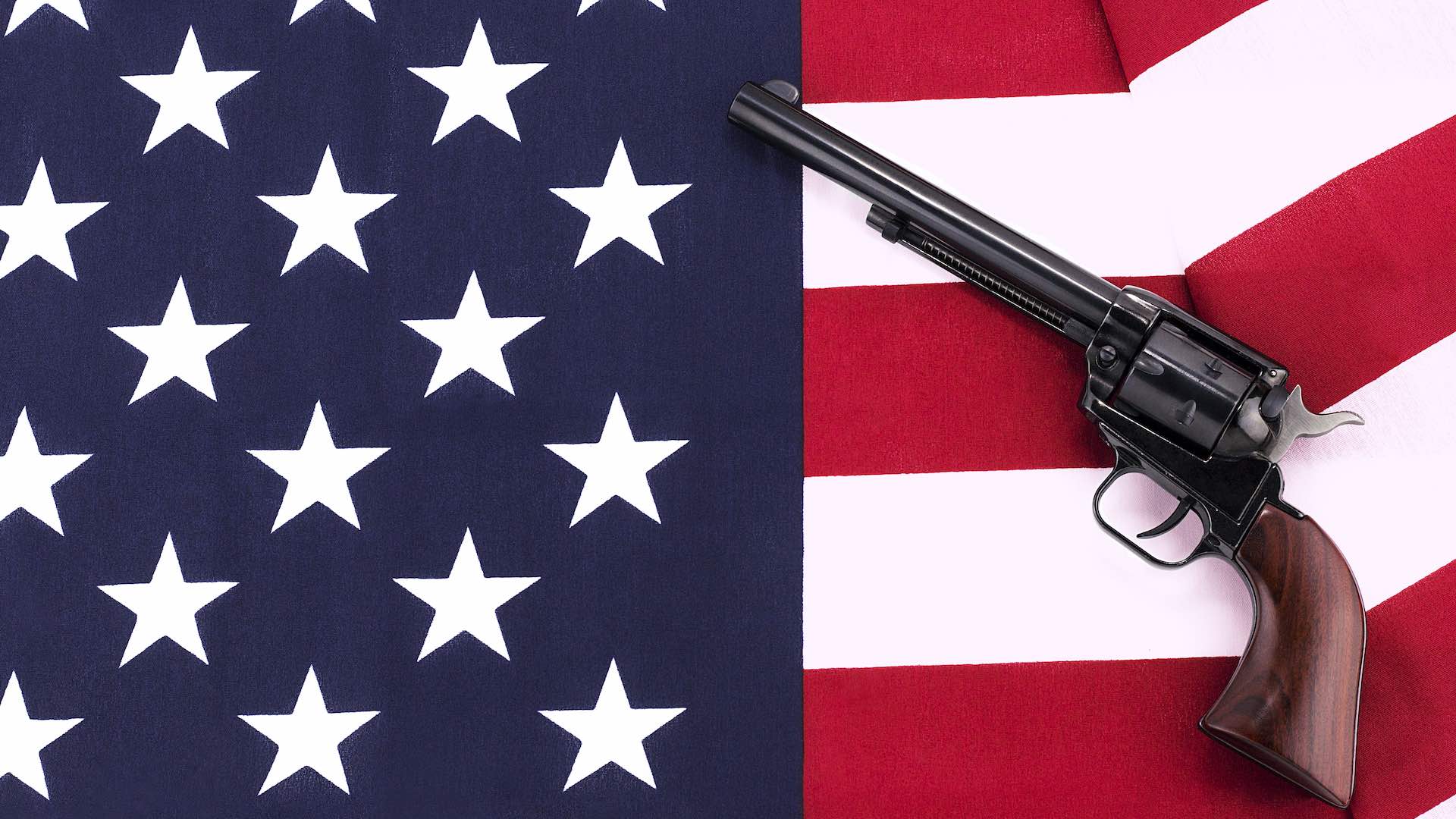
Missouri passed a law in the spring seeking to protect the Second Amendment by prohibiting state and local police from enforcing federal gun laws, which is concerning some law enforcement officials.
The law, known as the Second Amendment Preservation Act (SAPA), will fine state and local law enforcement agencies up to $50,000 dollars per violation for aiding the federal government to enforce gun regulations that Missouri deems an infringement on Second Amendment gun rights.
“All federal… laws… and regulations… that infringe on the people’s right to keep and bear arms as guaranteed by the Second Amendment to the [U.S.] Constitution… and the Constitution of Missouri… shall be… rejected by this state… and shall not be enforced by this state,” the bill states.
The bill was created as a response to what Republican legislators considered federal overreach after President Joe Biden called for stricter gun control laws and a ban on assault weapons and high-capacity magazines, and was hailed by Missouri Governor Mike Parson.
However, some Missouri law enforcement officials are concerned the law will hinder them from doing their job.
Kacey Proctor, the prosecutor for Butler County, told CBS News: “I think a lotta people when they hear about this bill– at least a lotta people in Missouri that have heard, they think, ‘This is great. The state of Missouri’s told the federal government to go mind their own business and stay away from our guns.’ But what this bill does is impact a local law enforcement officer’s ability to do their job.”
Proctor, who claims to be in favor of expanding Second Amendment protections, said he hopes the law will be changed to allow more cooperation between state and federal law enforcement.
“What I oppose about it, and what I would ask for to be– to be looked at and possibly fixed is the ability for law enforcement officers to interact with their federal partners to go after people who are violent in nature and are– committing crimes in our community.”
As it stands, SAPA will ban state resources from being used to aid the federal government to further Biden’s gun control agenda. The law also dictates the circumstances by which a state or local officer can help federal agents investigate or prosecute gun crimes.
Missouri prosecutor Steven Sokoloff said the law was vague and poorly worded, putting officers in a difficult situation.
“And the problem here is that — that it has a tremendously chilling effect on law enforcement officers because they’re put in a position of guessing about what conduct is prohibited by the statute,” Sokoloff said.
Since the passage of the law, Missouri agencies have removed officers from federal task forces searching for illegal guns. The state highway patrol has also stopped providing the Bureau of Alcohol, Tobacco, and Firearms (ATF) with information to support their investigations.
Kansas City Mayor Quinton Lucas criticized the timing of the law as the murder rate in Missouri is currently double the national average.
Lucas said that federal support is key to managing the amount of crime.
When asked why local law enforcement needs help from federal agencies, Lucas responded: “The volume of crime. The volume of incidents. On a night in Kansas City, you can have multiple people shot. In the same way that if you have a severe storm hit a city, we bring in federal resources to help us with that crisis.”
Officials are concerned that local police will think twice about trying to stop someone who they suspect possesses an illegal gun.
In addition, county prosecutors are having to dispense with federal resources to avoid being fined.
Poplar Bluff Chief Danny Whiteley said they’re on their own when investigating gun crimes. SAPA has restricted their access to federal prosecutors, investigators, and databases, Whiteley said. He also believes that the law benefits criminals.
When asked about agencies halting all cooperation with federal law enforcement, Missouri legislator and supporter of the bill Jered Taylor disagreed.
“And there are several that are still working with them,” he said. “I think it’s unfortunate because I don’t think that this law prohibits that (working with federal agencies),” he added.
Other states like Texas and South Carolina have passed similar gun sanctuary or open carry laws that have also been met with controversy by law enforcement.





